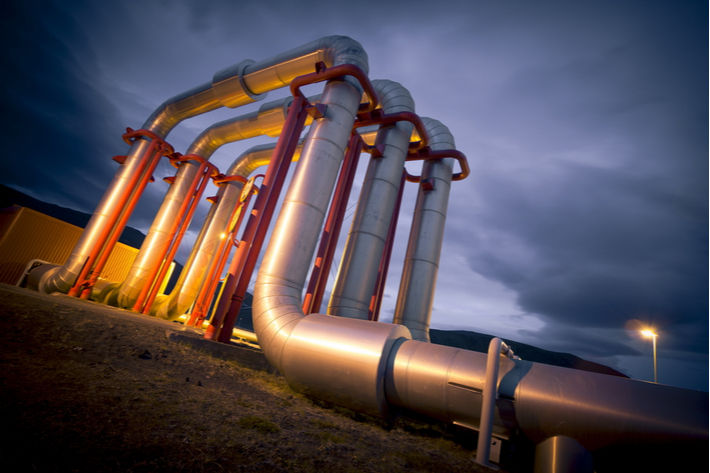
Industrial customers in the country have been advised to reduce their consumption of natural gas, and coal is being considered as an alternative by Germany and other European countries—a development that threatens climate goals in the continent.
Russia last week reduced natural gas to Germany, Italy, Austria, the Czech Republic and Slovakia. Its state-owned Gazprom cut flows by 60 per cent through the Nord Stream 1 pipeline running under the Baltic Sea to Germany, blaming a missing part sent to Canada for repairs.
The cutbacks follow gas shutoffs to Poland, Bulgaria, Denmark, Finland, France and the Netherlands in recent weeks.
Many other countries, including the Netherlands and Austria, have launched first-stage warnings as well about supplies and urged people to conserve. Germany and Italy termed Russia's move politically motivated and warned further slowing of the economy.
"The prices are already high, and we need to be prepared for further increases," German economy and energy minister Robert Habeck said, warning that "this will affect industrial production and become a big burden for many producers."
Habeck said people could do their part by adjusting their home heating system now and saving up to 15 per cent during the cold months.
Germany relies on Russia for 35 per cent of its gas imports; Italy for 40 per cent. Europe’s underground storage caverns are 57 per cent full at the moment. The European Commission’s latest proposal is for each country to reach 80 per cent by November 1. Germany has set goals of 80 per cent by October 1 and 90 per cent by November 1.
The German government said gas demands are being met now and its storage facilities are filled to 58 per cent capacity—higher than at this time last year. But the target of reaching 90 per cent by December won't be possible without further measures, it was quoted as saying by global newswires.
Containment measures include providing gas distributors and utility companies with large loans to cope with price surges, Habeck said.
Both Germany and the Netherlands would increase the burning of more coal and reduce gas use for electricity production.
Fibre2Fashion News Desk (DS)